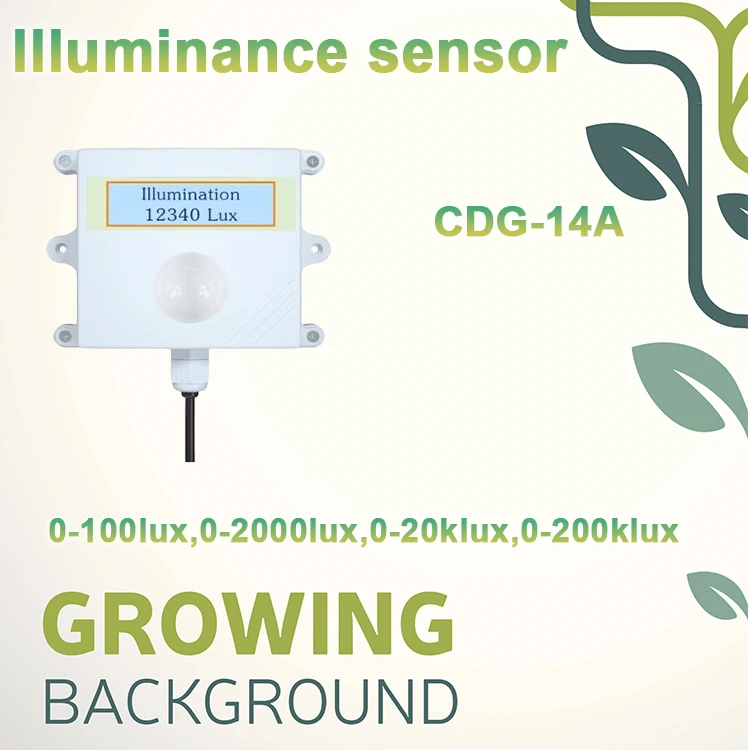
html
Light Detector: Principles and Applications
Introduction to Light Detectors
A light detector is an electronic device that converts light energy into an electrical signal. These devices play a crucial role in various applications, from simple light sensing to complex optical communication systems. Light detectors are also known as photodetectors or photosensors, depending on their specific function and design.
Basic Principles of Operation
Light detectors operate based on the photoelectric effect, where incident photons interact with the detector material to generate charge carriers (electrons and holes). The three main types of light detectors are:
- Photodiodes
- Phototransistors
- Photoresistors (LDRs)
The choice of detector depends on factors such as sensitivity, response time, and spectral range requirements.
Common Types of Light Detectors
1. Photodiodes
Photodiodes are semiconductor devices that generate current when exposed to light. They offer fast response times and are commonly used in optical communication systems, light meters, and medical equipment.
2. Phototransistors
Phototransistors combine light detection with amplification, providing higher sensitivity than photodiodes but with slower response times. They are often used in light-sensitive switches and object detection systems.
3. Photoresistors (LDRs)
Light Dependent Resistors (LDRs) change their resistance based on light intensity. While slower and less precise than other detectors, they are inexpensive and widely used in simple light-sensing applications like street light control.
Key Applications
Optical Communication
Light detectors are essential components in fiber optic communication systems, converting optical signals back into electrical signals for processing.
Industrial Automation
In manufacturing, light detectors enable object detection, position sensing, and quality control through various optical sensing techniques.
Consumer Electronics
From smartphone ambient light sensors to TV remote control receivers, light detectors are ubiquitous in modern electronic devices.
Scientific Instruments
Advanced light detectors are used in spectroscopy, astronomy, and other scientific applications requiring precise light measurement.
Future Developments
Research continues to improve light detector technology, focusing on higher sensitivity, broader spectral response, and integration with emerging technologies like quantum computing and IoT devices. New materials such as graphene and perovskite are showing promise for next-generation photodetectors.
As light detection technology advances, we can expect to see even more innovative applications across various industries, further expanding the role of these essential components in our technological landscape.
Keyword: light detector